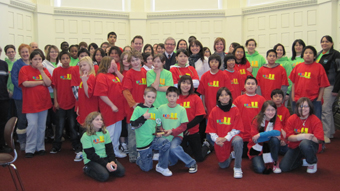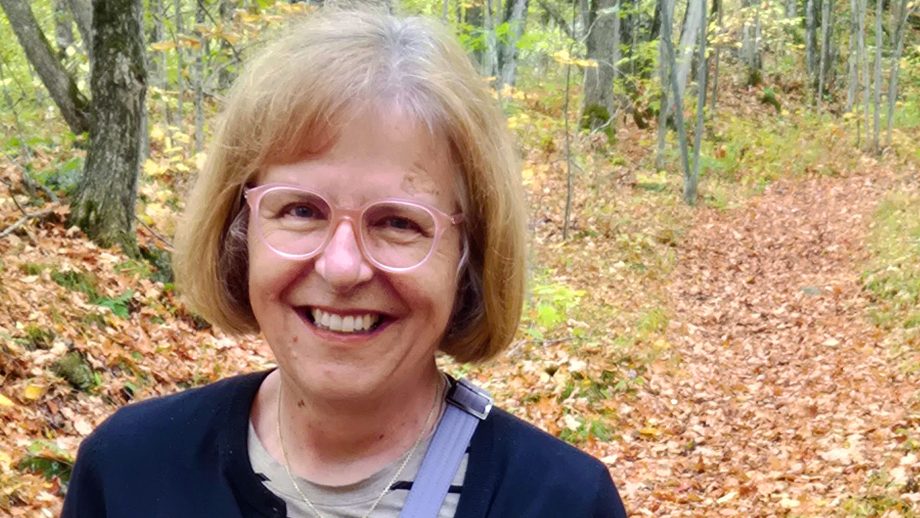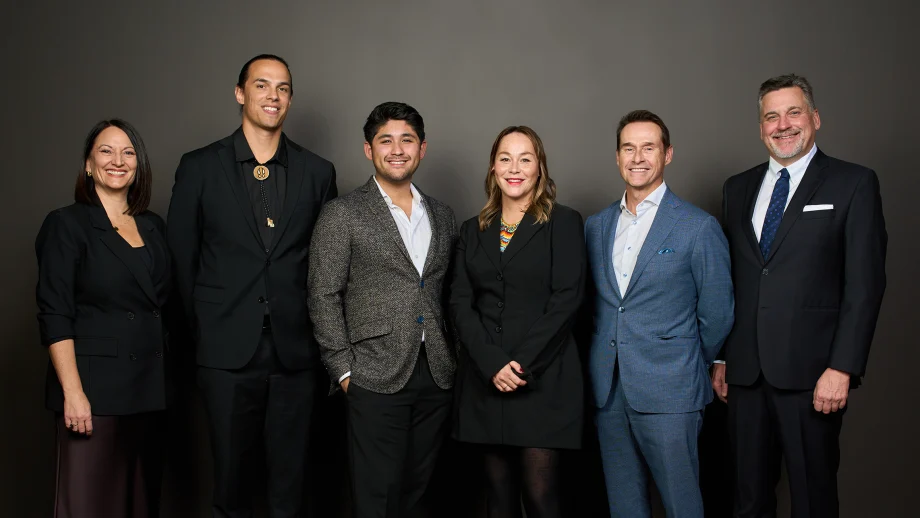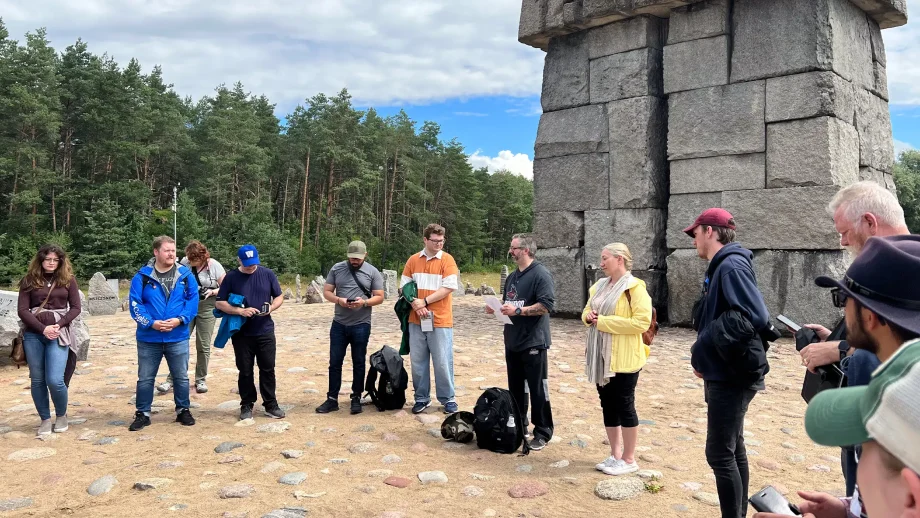WINNIPEG, MB – The University of Winnipeg’s Board of Regents this week approved an innovative community learning policy for the University that is unique in Canada, with a primary focus on supporting youth from Indigenous and new Canadian families so they may graduate high school and achieve post-secondary success.
“One of the most significant responsibilities we face as a community is closing the graduation gap that exists for Aboriginal and new Canadian youth,” said Dr. Lloyd Axworthy, President and Vice-Chancellor, UWinnipeg. “Community learning in action means developing strong relationships and programs with inner-city schools, families and organizations so that children as young as grade 4 get extra help with homework, have access to computers, receive financial credits, attend summer camp and play on fully-equipped sports teams. As a result of assertive fundraising and generous private and government donations, that is the integrated approach to community learning we are now offering.”
In October 2009, Axworthy released a policy paper entitled “The University and Community Learning: An Evolving Mission.” It recognizes that to remain relevant, the University must be an active partner in the social, cultural and educational life of the community. Multiple community learning initiatives have grown organically on campus since 2009 to meet neighbourhood needs and those programs will now operate within a more formal policy framework.
For example, successful programs and initiatives such as the Experiential Learning Initiatives Network (ELIN), Urban & Inner-City Studies, Community Access Teacher Education Program (CATEP), and the Wesmen’s inner-city athletics among others will be bolstered and continue to flourish by this new policy.
Furthermore, under the new policy, UWinnipeg’s existing Wii Chiiwaakanak Learning Centre and Innovative Learning Centre will merge operations and will be governed by an arm’s length Advisory Board consisting of 50% community members and 50% UWinnipeg members (faculty, staff and students). Programs will operate from the Helen Betty Osborne Building on Ellice Street and will continue to include the popular computer drop-in centre and homework club, Eco-Kids programs and Eco-Kids summer camp, Elders teachings as well as new initiatives.
The community learning policy affirms four other important initiatives: the Model School, which becomes fully part of UWinnipeg’s Collegiate; the Global Welcome Centre, which remains part of the English Language Program; the new Digital Learning Lab, operated by the Library; and the Opportunity Fund (bursaries and tuition credits) becomes part of the Office of Awards and Financial Aid.
BACKGROUND: UWINNIPEG’S COMMUNITY LEARNING INITIATIVES
The Wii Chiiwaakanak Learning Centre is a community partnership with a mandate to provide educational opportunities and services in support of capacity building within Winnipeg’s inner city, including free access to community-use computers.
The Innovative Learning Centre is focused on closing the graduation gap. Programs connect elementary and secondary students to their school community so that youth stay in school, with the hope that each child will see himself or herself as a high school graduate and then a university student. Programs include Eco-Kids on Campus and the Eco-U Summer Camp.
The Global Welcome Centre for Immigrants and Refugees offers assistance to immigrants and refugees with language barriers between them and post-secondary education, and provides information on how pursue a university degree or diploma in Manitoba.
The Digital Learning Lab will be located on the first floor of the new Richardson College for the Environment and Science Complex, scheduled to open in the fall of 2011. The Digital Learning Lab will serve as a space for high school students to `hang out’ (i.e., do homework, use computers), `mess around’ (e.g., experiment with new computer software), and `geek out’ (e.g., create digital art using Photoshop, edit movies, create video games).
The Opportunity Fund seeks specifically to support Aboriginal students, new Canadians and refugees, and students from inner-city neighbourhoods, through fast-track bursaries and tuition credits. More than 650 students have received fast-track bursaries and more than 100 are enrolled in the “earn as you learn” tuition credit program.
The Model School provides select high school students with the extra attention they need to do well. Students are referred by community organizations, high school guidance counsellors, or principals. The Model School provides the environment, programming opportunities, and support for young people and their families to use education as a springboard to maximize their future potential.
Read more about Community Learning at UWinnipeg.
MEDIA CONTACT
Diane Poulin
The University of Winnipeg
(204)988-7135
d.poulin@uwinnipeg.ca





